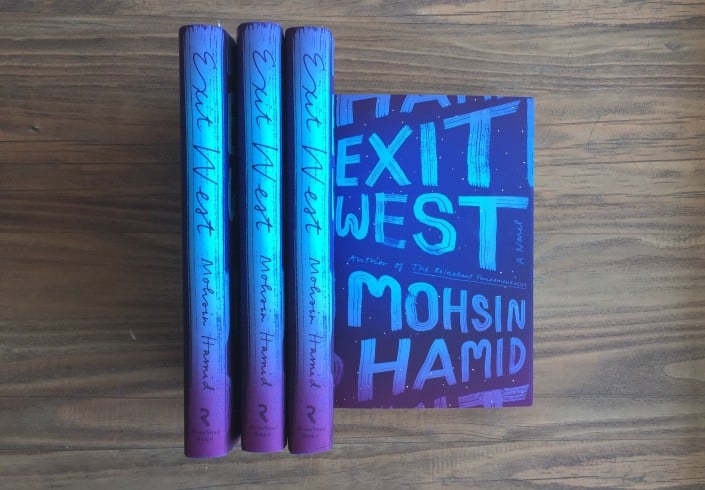
Some find the marketing of books crass, overdone, while others oppose it because they think literature alone has the power to question commercialisation and look for answers

"Writing isn’t about making money, getting famous, getting dates, getting laid, or making friends. In the end, it’s about enriching the lives of those who will read your work, and enriching your own life, as well. It’s about getting up, getting well, and getting over. Getting happy, okay? Getting happy."
Ironic, no, beginning the article on commercialisation of literature with a quote by Stephen King, the best-selling author who has become an industry unto himself. He states it the way you would expect a best-selling author to do. Simply. Clearly, for King, the purpose of writing does not just stop here. It goes on, and on -- from selling what he wrote to being lucky to have his books turned into film and television scripts.
While critics debate the literary worth of Stephen King, in the capitalist world around us, the purpose of writing seems solely to be sold and making money. In this respect, "Why do we write?" is a question that is repeatedly asked and is open to varied interpretations and answers. But this and other similar questions have been with us for some time now.
In Jorge Luis Borges’ words in 1970, "I remember that when I began to write, we never thought about the success or failure of a book. What’s called "success" now didn’t exist at that time. And what’s called "failure" was taken for granted. One wrote for oneself and, maybe, as Stevenson used to say, for a small group of friends…. On the other hand, one now thinks of sales… All that would have appeared totally ridiculous when I was a young man; it would have appeared incredible".
Times have changed. Borges too is a cultural icon now whose visual image on the cover of books perpetuates his "authority" and "unifying cultural force". The thing is that books don’t just have to be written, they have to be published as well. And publishers operate on the principles of industry. They cannot afford the "intellectual snobbery" of selling a product that is different, superior than others.
Read also: Content with ads
So the publishers have found ways of marketing their products and improve their sales; in the process making the writers rich and themselves even richer. The ways of selling books include managing book promotions, reviews, previews, preorders, teasers, selective excerpts, interviews with authors, book tours and literary festivals. They use print, online editions, social media promotions and what not.
But this promotion business has drawn in the author too. In fact, the publishers’ best bet lies in promoting authors as brands. The big names in publishing prefer a two-book contract with promising authors. The first book turns the writer into a celebrity and the second sells on the force of being authored by a celebrity.
The publishers’ gimmicks apart, the public at large sees the value of reading books, in whatever form. Some read, others collect and quite a few aspire to and actually do the profound act of writing. So far so good.
What then is the problem with marketing or commodification of literature? And why should it bother us?
The problem arises when the authors allow themselves to become their own brand ambassador, the channel of communication between the reader and the book. Writing may still be a solitary activity but the authors are not the faceless, anonymous, recluses that they used to be. They are public figures, meeting their potential readers, talking about the book, the process, their own lives, explaining, justifying etc. etc.
Still good? Apparently not. Some find this crass, overdone, while others have genuine argument against why literature must not fall to these kinds of marketing strategies. Their argument is that it is in literature that we see a critique of how commercialisation and commodification are changing lives, ideas, human relations. Literature alone has the power to question and look for answers. The best example that can be cited is that of Death of a Salesman by Arthur Miller that exposes the consequences of the material side of American Dream.
Close to home, recently, this kind of criticism was reserved for what is arguably the world’s most marketed book of fiction The Ministry of Utmost Happiness. No, actually the criticism was aimed at the author Arundhati Roy who allowed herself and the publishers to market the book the way they did. Considering her own persona and the ideology that her writings represent, the criticism does not seem too invalid either. If literature too is a commodity, then what use is the value we place on it.
A critic and fiction-writer friend has a counter argument to present. He thinks there should be a softer view regarding the marketing of books which he considers as repositories of new ideas. Ultimately, what people are being asked to pay for and take home and read is a book. This will encourage more reading, thinking and questioning in society and benefit all.
It appears the jury is still out on commodification of literature and literati.